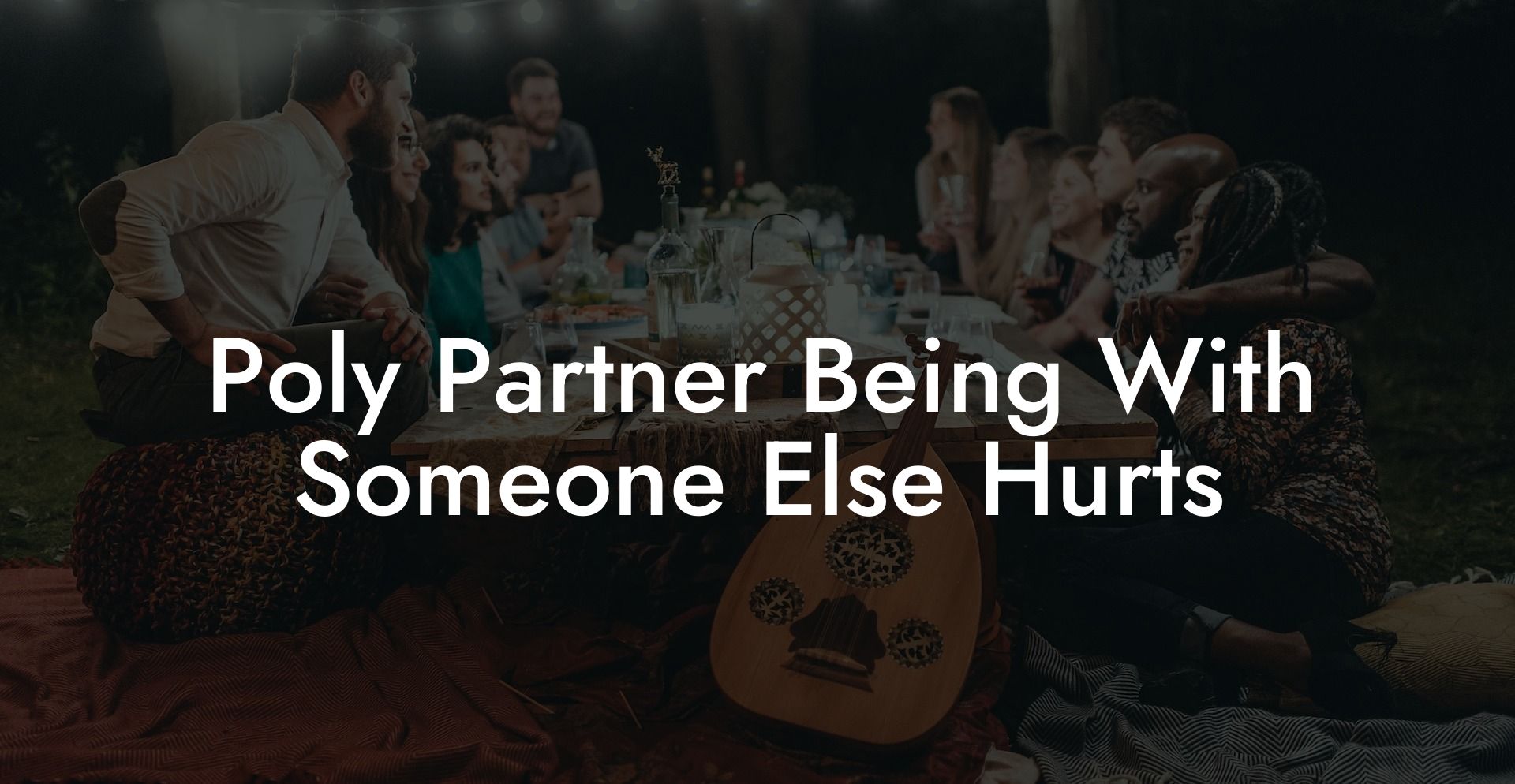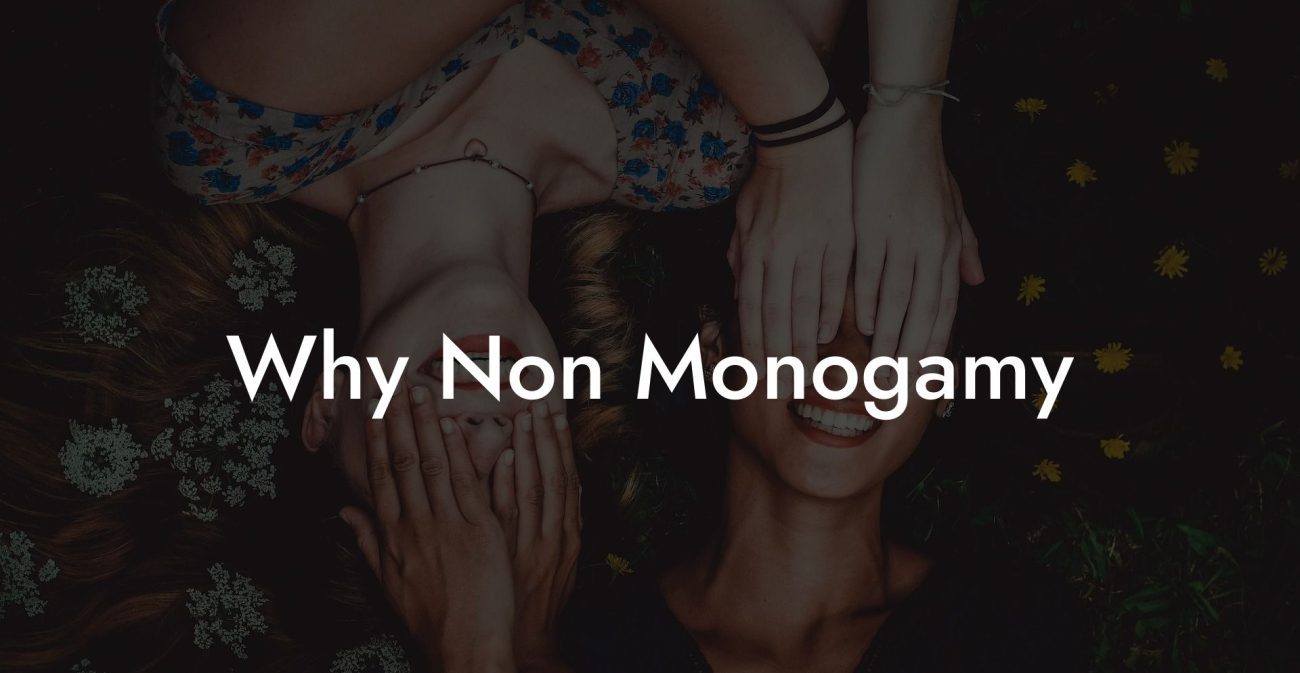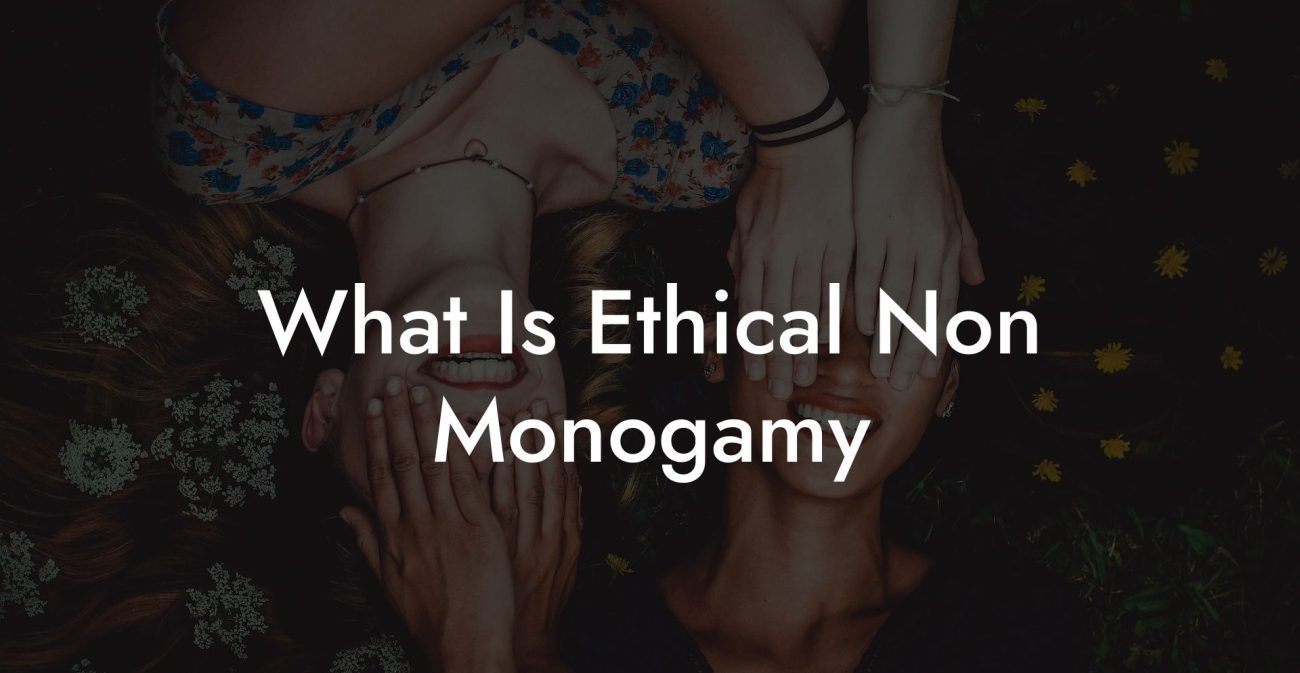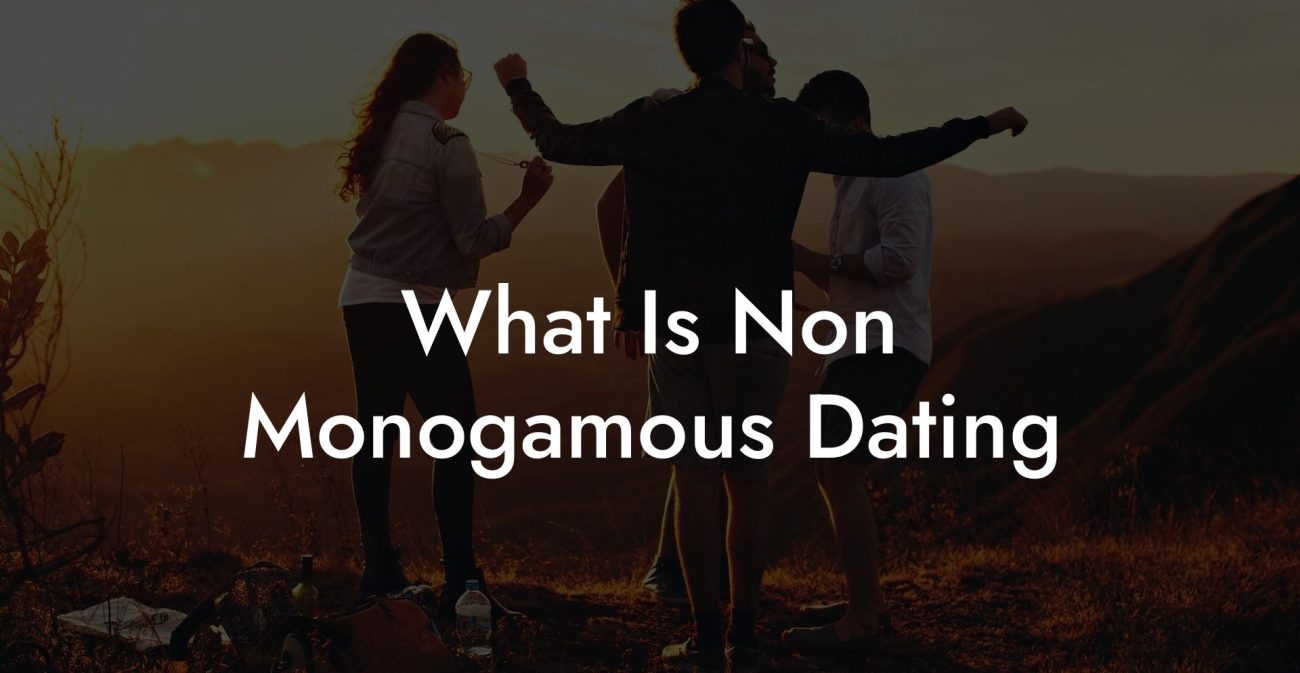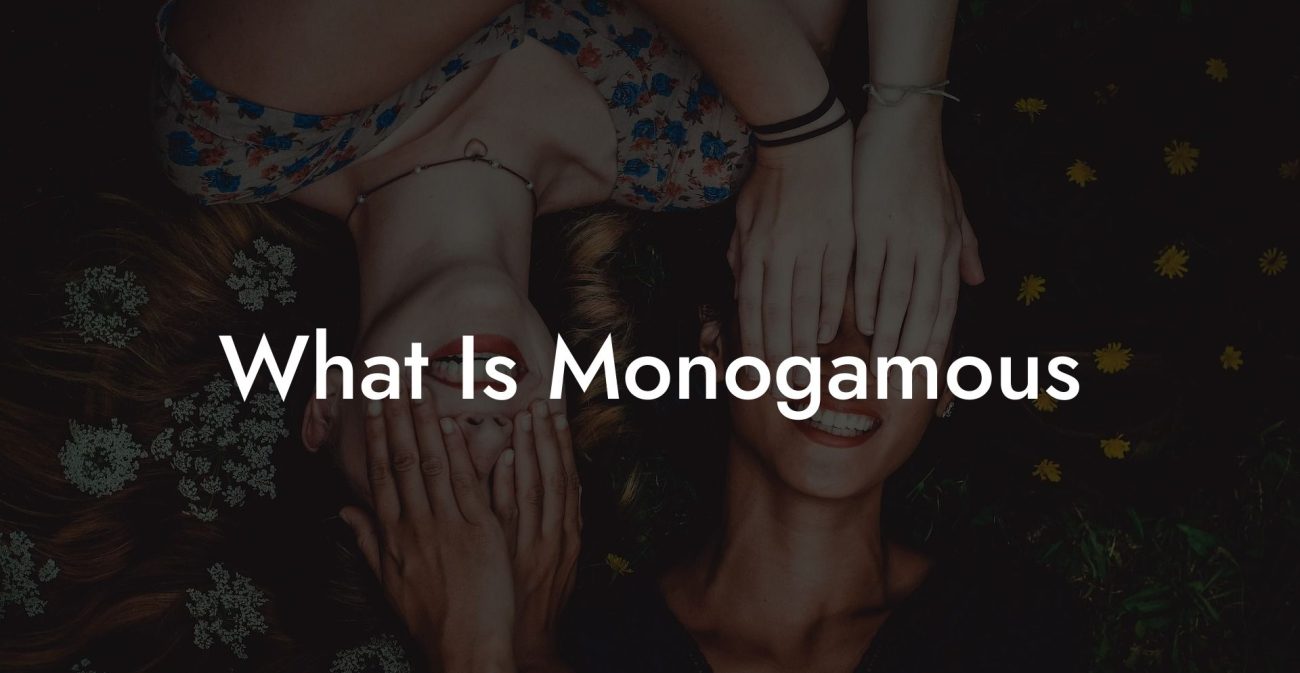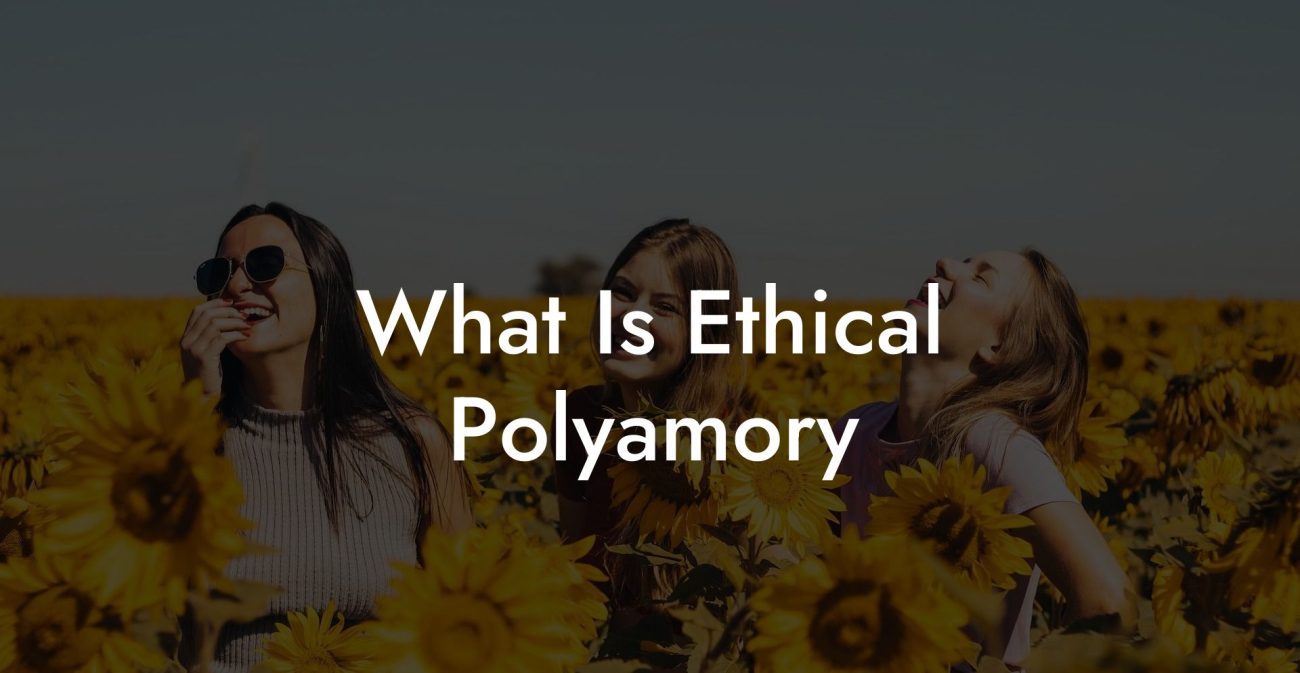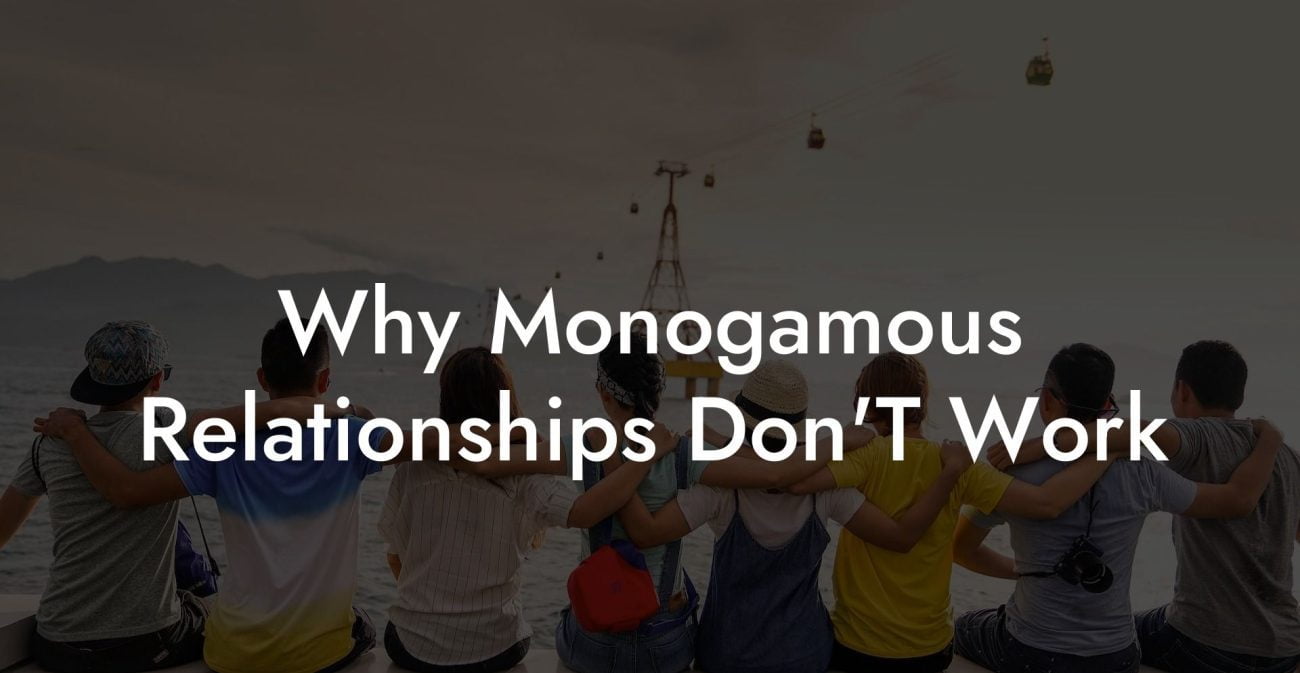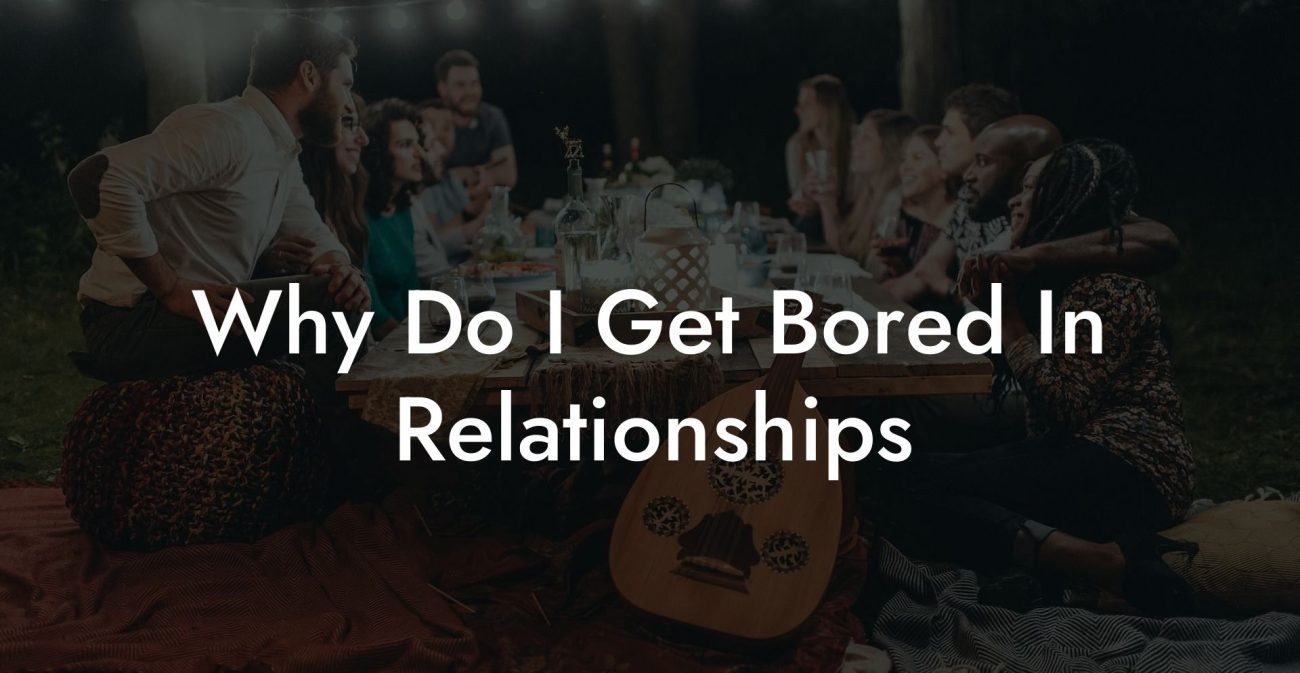Discovering that your poly partner is with someone else can trigger a rollercoaster of emotions. Feeling hurt, jealousy, and confusion are all normal reactions that many polyamorous individuals experience. In this article, we dig deeper into these complex emotions and explore ways to manage and overcome them within the framework of a polyamorous relationship.
Poly Partner Being With Someone Else Hurts Table of Contents
Understanding Your Feelings
It's crucial to recognize and validate your own emotions when your poly partner is with someone else. It's completely normal to feel hurt, but it's how you address these emotions that can make or break your relationship. Take a step back and analyze these feelings to gain insight into their origins and possible solutions.
Jealousy vs. Envy
While jealousy often gets a bad rap in polyamorous relationships, it's essential to understand the difference between jealousy and envy.
- Jealousy: Fear of losing someone or something you value to someone else
- Envy: Wanting what someone else has
Understanding these distinctions can help you identify the root cause for your feelings and determine your next steps to cope and grow.
Open Communication
One of the most critical elements in any relationship, especially in polyamorous ones, is open communication. Honesty and transparency will ensure that all parties are heard, understood, and respected.
Discuss Your Feelings
Speak with your partner about the emotions you're experiencing when they are with someone else. Share your perspective without blaming, and use "I" statements to express your feelings.
Listen to Your Partner
Allow your partner to express their side of the story and actively listen. This will allow both of you to gain more insight into each other's emotions and can help clarify any misunderstandings.
Create Boundaries and Agreements
Develop a set of boundaries and agreements that will guide and support your relationship. This may include setting guidelines on how much time each partner spends with others, creating a "safe space" for open discussions, and exploring how you can better meet each other's needs.
Self-Care and Personal Growth
Caring for yourself is essential, as it allows you to be a better partner. Embrace personal growth and self-reflection to help keep your emotions in check and strengthen your ability to cope with difficult situations.
Practice Self-Compassion
Acknowledge your emotions without judgment and practice self-kindness. Remember that we all experience challenging feelings at times, and it's normal to feel hurt in these circumstances.
Increase Emotional Intelligence
Educate yourself on emotional intelligence, which involves identifying and managing your emotions, as well as understanding others' feelings. This will help you to better understand your reactions and manage your emotions when your poly partner is with someone else.
Poly Partner Being With Someone Else Hurts Example:
Matt and Anna are in a polyamorous relationship. When Anna starts seeing another partner, Matt feels hurt and begins questioning the dynamics of their relationship. Using the steps outlined in this article, Matt and Anna:
1. Identify the root cause of their feelings.
2. Foster open communication by discussing Matt's feelings and actively listening to Anna's perspective.
3. Create boundaries and agreements to support their relationship.
4. Practice self-care and personal growth, focusing on self-compassion and emotional intelligence.
Moving past the hurt when your poly partner is with someone else can be challenging, but with open communication, understanding, and self-care, you can navigate through these emotions and strengthen your relationship. Share this article with others in polyamorous relationships who may be experiencing similar challenges, and be inspired to explore more resources and guides from The Monogamy Experiment to strengthen your relationships.

